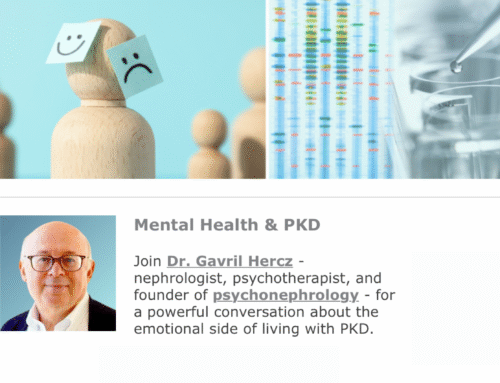
A Curious Case of Patient Complaints using Social Media: Role of technology
Social media present both new opportunities as well as challenges for the medical profession. With the increasingly rapid adoption of new technology, the way people communicate complaints and also the way these grievances are handled has changed significantly in the last few years. Patients and families increasingly prefer to use social media to share their anguish. The very same social media platforms that are used to build and maintain the brand image, can also be used as a double-edged weapon.
Last month, a story of a kidney patient who shared his unhappiness about the way he was being treated at the hospital went viral. He shared a video on Facebook about how he was waiting in the hallway for more than 4 days during his treatment and his bed was just beside the call bell speaker system, which was making him crazy.
According to his Facebook post,
“I was air ambulanced here 3 days ago from Cranbrook with a serious infection in my dialysis line and neck. Once I arrived here the paramedics took me to my floor. And dropped me off. They introduced me to the nurses and left. The nurses forgot about me for 4 hours. Did not check my vitals, my blood sugars, anything. I asked 3 different people in that 4 hours if they were going home help me. They all brushed me off and did nothing. So I got up and yelled so everyone could hear. “Is anyone going to help me? For the last 4 days, I’ve been stuck underneath the call bell speaker in the hallway. Plus they forgot to order me food the 1st 2 days I was there. I’m still here trying to heal but it’s hard given the care I’ve been given”
This news was shared online and Facebook readers felt the pain of the patient not treated well. The remedial action taken by the hospital is not known and we hope that whatever issues this patient had with the hospital staff were resolved. I am using this case just as a reference, without blaming or taking any one’s side in this matter. It does, more importantly, bring up our need to address these new forms of communication. Here are some suggestions for clinicians to deal with patient complaints on social media.
Quick response time: Big organizations and hospitals can employ dedicated staff to handle social media. The response time should be quick so as to narrow the damage. A simple acknowledgment of the issue can do wonders and make the patient feel that he has been heard. Do not respond to a negative post in a defensive manner. Don’t forget to add a timeline as to when the patient should hear back from you.
Admit mistakes and try to make a direct contact with the patient: Take ownership of the mistakes with a genuine apology. This helps in bridging the gap and it shows your organization in a positive light. You can make a direct contact with the patient by sending him a personal message or a call soon after a public apology so as to take the conversation offline. You should also be aware that any statements made by you or your staff on any social media platform in response to the complaint can be used as evidence in any legal claim by that patient.
Develop a social media policy: Just like other HR policies in place and practice, social media handling policy should also be given due weighing. It should clearly indicate a timeline for a response to any comment (whether positive or negative) made on social media. It can contain sections regarding making a public/online statement in wake of any negative comment, following up, an acknowledgment for every positive comment or suggestions depending on the size and type of organization.
Proactive action: Allow patients to raise their concerns by conducting patient satisfaction surveys. The patient reception area is a convenient place to display your policies regarding patient care and also regarding the grievance handling procedure. Leading by example is the Ministry of health and long term care Ontario
“Hospitals are required to have a patient relations process that reflects the hospital’s Patient Declaration of Values, which outlines what patients and their families can expect when they visit the hospital.”
Patients now have the power of social media and the health care team, whether an individual or an organization, needs to keep an eye on the virtual world to check their performance. Social media, if used appropriately, can help you to build your brand image, but it requires constant tending.[/fusion_builder_column][/fusion_builder_row][/fusion_builder_container]
About the Author
Dr Gavril Hercz
Dr. Gavril Hercz is a nephrologist at Humber River Health and Associate Professor of Medicine, University of Toronto. He completed his psychoanalytic training at the Toronto Psychoanalytic Institute and is a member of the Canadian Psychoanalytic Society. His major area of interest is the impact of physical illness on patients, families, and caregivers.
Social media present both new opportunities as well as challenges for the medical profession. With the increasingly rapid adoption of new technology, the way people communicate complaints and also the [...]



